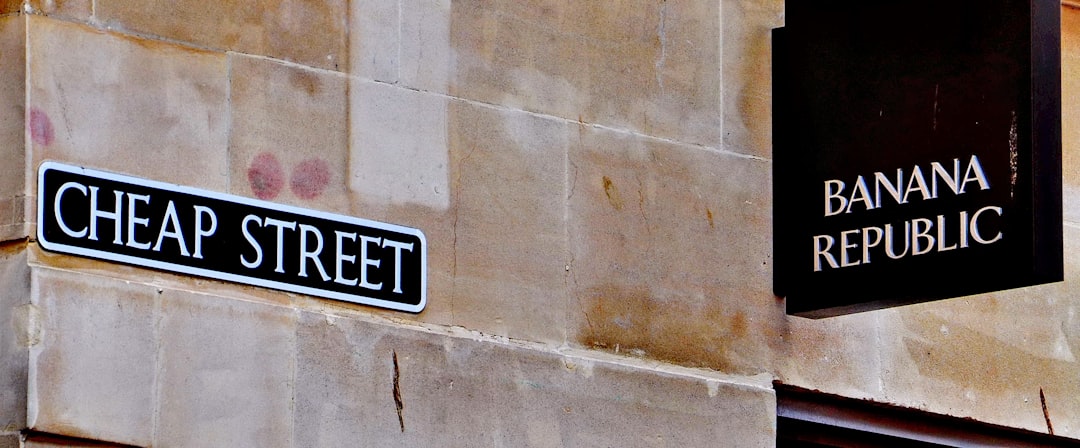Cheap is the enemy of the environment
The cheaper that we have made goods the more the environment bears the cost
Say you bought a kitchen blender for Rs 2500 ($30). After 3 months, the blender stops working. To avail of the warranty, you need to call the company, negotiate their IVR and also deal with the person who finally speaks with you. They might ask you to come to a location with the appliance leave it there for them to check, perform repairs and ask you to come another day to pick it up.
So much inconvenience!
Given the relatively low price would you be tempted into throwing it away and just getting another one? This time another brand that lasts long enough for you to forget the exact date you bought it.
Now, let us say, you had spent Rs 40,000 ($500) to buy this product would you do the same thing? Would you just throw it away and get another one? I suppose you will suffer the call centre and the travel if needed but you will make sure it is fixed.

Over the last hundred years, the singular focus of every business has been to bring down costs. The only way that they bring down costs is
a) By exploiting every single human that they possibly can. When the exploitation reached their boundaries in the home country, they simply outsourced to places where exploitation was easier - China, Vietnam, Bangladesh, India
b) By externalising the cost to the environment that the production of many of these things causes.
A plastic bag is so cheap because none of us have to deal with the actual disposal of the bag. If one was asked to ensure the proper disposal of a plastic bag in such a way that it does not end up in a landfill or ocean, the only option left would be to burn it. I can assure you if you needed to burn every gram of plastic that you bought and inhale the toxic fumes that fill up the air as a result, you would probably just stop buying plastic.
This applies to pretty much everything. Fast fashion, electronic devices, appliances, storage solutions, utensils, furniture, etc. everything is being made cheaper and cheaper so that more and more can be sold.
On the other side, we throw more and more of these things away more frequently.
When I was a kid, there used to be two occasions I would get to buy clothes - my birthday and Diwali. That was it. Now people buy clothes for no reason at all. This is possible because of the low costs. Also, there are only so many clothes that you can wear, so many of them get thrown away almost as soon as they are bought. First, the resources that are put into making the cloth and then the resources to deal with the waste, the environmental footprint is huge.
What was the last thing you repaired?
There was a time, not too long ago, when we would get our clothes fixed if they had a rip. We would get slippers and shoes taken to the cobbler to get them fixed if the sole came off. There used to be an electrical repair shop everywhere for fixing small appliances. These are almost impossible to find now. We just throw out whatever it is and get a new one.
The cheaper things have become the more easily we are willing to throw things out. Then we produce more to replace these.
And like that GDP grows.


